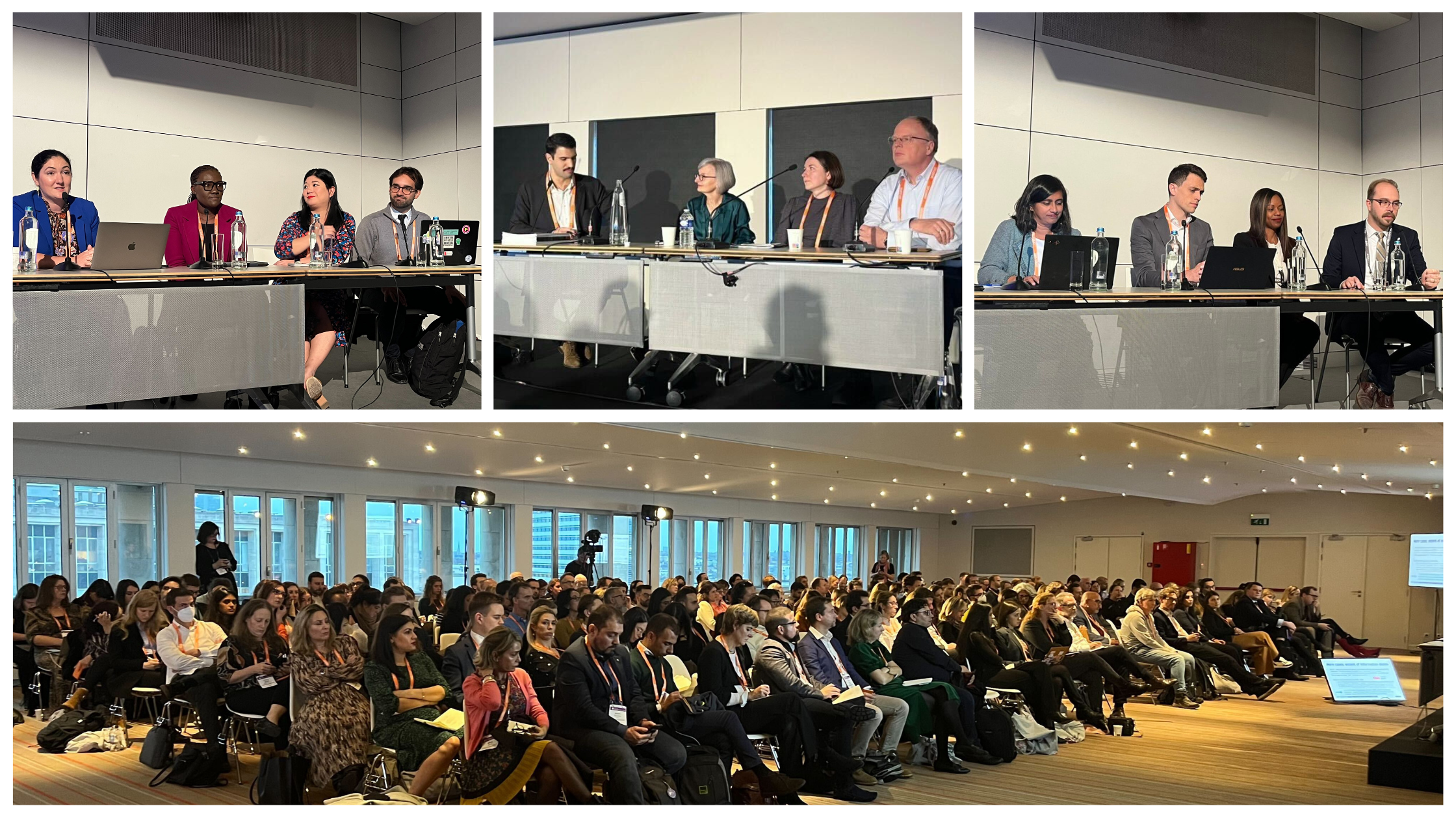
FPF at IAPP’s Europe Data Protection Congress 2022: Global State of Play, Automated Decision-Making, and US Privacy Developments
Authored by Christina Michelakaki, FPF Intern for Global Policy On November 16 and 17, 2022, the IAPP hosted the Europe Data Protection Congress 2022 – Europe’s largest annual gathering of data protection experts. During the Congress, members of the Future of Privacy Forum (FPF) team moderated and spoke at three different panels. Additionally, on November […]

Protected: Protected: 14th Annual Advisory Board Meeting 2023
There is no excerpt because this is a protected post.

The GDPR and the AI Act Interplay: Highlights from FPF and Ada Lovelace Institute’s Joint Event
Authored by Christina Michelakaki, FPF Intern for Global Policy On November 9, 2022, FPF, along with the Ada Lovelace Institute (Ada), organized a closed roundtable in Brussels where experts met to discuss the lessons that can be drawn from General Data Protection Regulation (GDPR) enforcement precedents when deciding on the scope and obligations of the […]

Event Report: FPF Side Event and Workshop on Privacy Enhancing Technologies (PETs) at the 2022 Global Privacy Assembly (GPA)
The 2022 Global Privacy Assembly (GPA) – which brings together most global data protection authorities (DPAs) every year since 1979, to share knowledge and establish common priorities among regulators – took place between October 25 and 28, in Istanbul (Türkiye). The Future of Privacy Forum (FPF) was invited by the organizers of the GPA (the […]

Protected: Protected: 13th Annual Advisory Board Meeting 2022
There is no excerpt because this is a protected post.

W@Privacy Awards
Women@ Privacy Awards FPF is honored to host W@Privacy for its first edition of the W@Privacy Awards! As part of W@Privacy’s mission to enhance the visibility and empowerment of women privacy professionals, they’ll recognize and celebrate outstanding women in the privacy field from various categories. The awards categories are: The winners will be announced during an awards […]

New Report on Limits of “Consent” in Japan’s Data Protection Law
Introduction Today, the Future of Privacy Forum (FPF) and Asian Business Law Institute (ABLI), as part of their ongoing joint research project: “From Consent-Centric Data Protection Frameworks to Responsible Data Practices and Privacy Accountability in Asia Pacific,” are publishing the fourteenth and final report in a series of detailed jurisdiction reports on the status of […]

Looking Back to Forge Ahead: Challenges of Developing an “African Conception” of Privacy
In this post for the FPF Blog, Mercy King’ori explores the cultural and societal underpinnings of “privacy” in Africa, looking throughout history, from pre-colonial times, and beyond the modern external influences on the legislative processes resulting in general data protection laws across the continent. The first essential point to start off from is understanding that […]

